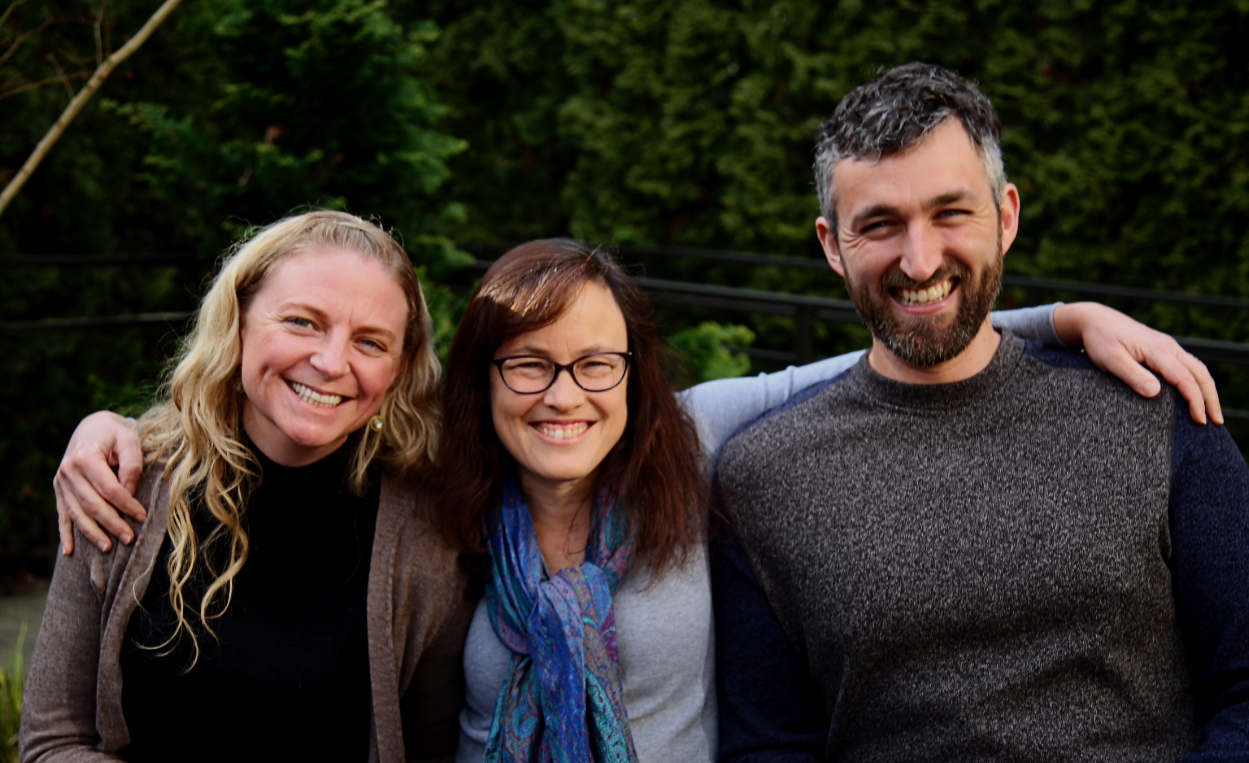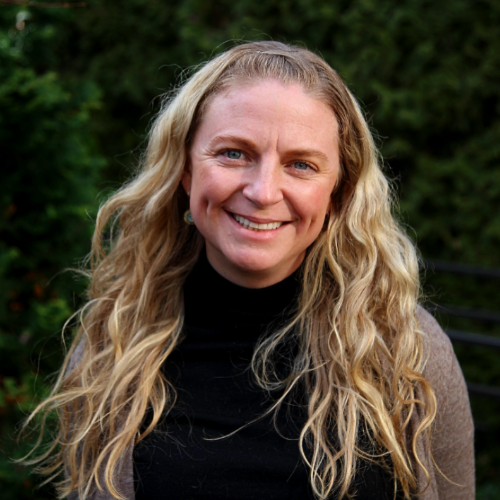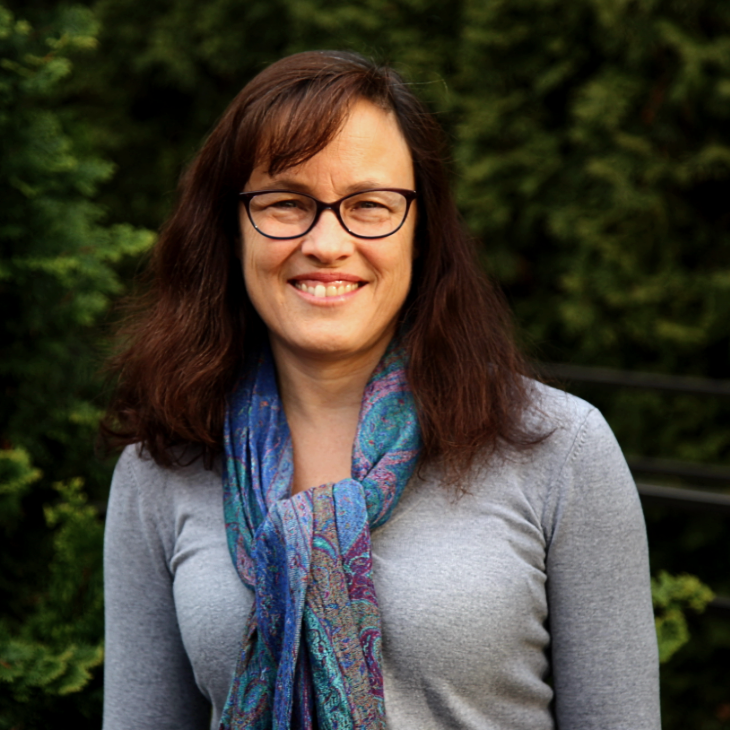|
About Timberline Veterinary Emergency & Specialty

"Leading through exceptional veterinary care and sustainable employee ownership"
We started TVES because we love being veterinarians and wanted to create a facility that helps the pets, veterinary team members, and community that are part of our home. We believe that providing exceptional emergency, critical and specialty care takes an engaged team that puts patient care first.
Our PEAK Principles guide our hospital:
- Patient Care
- Engagement
- Accountability
- Knowledge Growth
Our Founders:
|

|
Dr. Laura Ahlgrim
Dr. Laura Ahlgrim graduated from the College of Veterinary Medicine at UC Davis in 2011. She has 12 years of experience exclusively in veterinary emergency and critical care within the Seattle area. Her goals are to improve the availability of emergency care within the community, improve the pay/benefits of the veterinary support staff and to keep emergency medicine fun and exciting for her team. Her favorite cases involve emergency surgery, toxicities and geriatric patients.
|
|
|
|
|

|
Dr. Chris Bailey
Dr. Chris Bailey graduated from the College of Veterinary Medicine at Michigan State University in 2014. Following six years working in a variety of multi-specialty veterinary hospitals throughout the Pacific Northwest, he moved and became the owner and sole director of Idaho Falls Veterinary Emergency Clinic. After spending three years in Idaho creating a successful and busy emergency hospital, he opted to move back to Puget Sound to help open TVES. He has a strong interest in transfusion medicine, emergency surgery and feline lower urinary tract disorders.
|
|
|
|
|

|
Dr. Beth Davidow (Diplomate ACVECC)
Dr. Beth Davidow graduated from the College of Veterinary Medicine at Cornell University in 1995. After working in both emergency and primary care practices in Seattle for several years, she pursued a residency in emergency and critical care at Dove Lewis Emergency Animal Hospital in Portland and became board certified in 2002. She and a partner co-founded a multispecialty and emergency hospital in Seattle in 2003, an animal blood bank, and a second hospital in Renton in 2010 which she helped managed for 13 years. She was on faculty at Washington State University in the emergency and critical care department for several years. She decided she missed private practice and is excited to be opening TVES. She is currently the president of the American College of Veterinary Emergency and Critical Care, and blogs at vetidealist.com. Her interests include transfusion medicine, toxicology, hematology, urinary tract disorders, and safety culture. A list of her publications can be found here
|
|